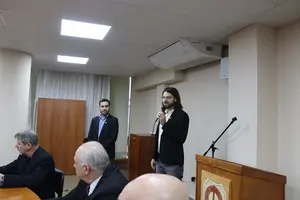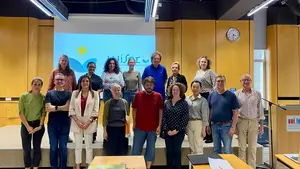Contenuti in evidenza
The greatest threat to our planet is the belief that someone else will save it.
Ecohesion Collective: social cohesion in the ecological transformation
Ecohesion Collective is a Research Center within the Department of Economics and Management at the University of Pisa that studies the interactions between climate policies, economic transformations, and redistributive mechanisms. Policies aimed at tackling climate change can in fact generate social and distributive tensions, hindering a transition toward a low-carbon and socially equitable economy.
Ecohesion Collective addresses this challenge with a systemic and multidisciplinary approach that integrates economics, social sciences, and environmental policies, analyzing how climate and energy policies influence economic structure, income distribution, and access to resources. It studies redistributive mechanisms to support the ecological transition, assessing the social impact of emission reduction policies and strategies to mitigate their regressive effects. The Ecohesion Research Center's three areas of work focus on: social behavior and cohesion, macroeconomic simulations, and civic engagement.
Behaviors and social cohesion
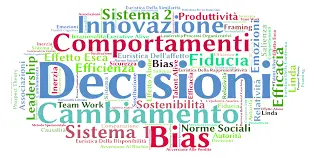
Behavioral economics provides us with methods and theories to study under what conditions the ongoing socio-economic transformations and the eco-social policies supporting the ecological transition can lead to a fair, inclusive, and widely supported path—one that is embraced by individual choices and socially feasible. In this area of research, we use tools from experimental economics and microeconomic modeling to investigate the cognitive, psychological, relational, and social factors that shape individual responses to the introduction of economic (dis)incentives or to the social and institutional innovations promoted through policy interventions.
Macroeconomic simulations
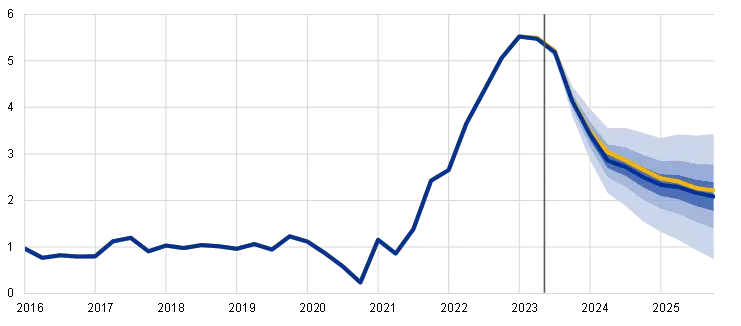
In our research group, we use economic modeling to analyze the relationship between growth, inequality, and the ecological transition. Through large-scale simulations and innovative methods, we assess the most effective policy combinations for reducing emissions without compromising social equity. Our approach goes beyond the limits of traditional analyses, exploring complex scenarios to identify sustainable and inclusive transition strategies.
Dissemination and civic engagement

The results are used for education and public awareness. The following learning tools have been developed: a web simulator that allows members of the general public to run their own scenario analyses; a board game designed to give children a systemic understanding of the relationship between climate and society; and an advanced training course for professionals, policymakers, and other interested stakeholders.
EPOG-DN: the fourth project workshop in Pisa, from 3 to 6 February 2026
The fourth EPOG-DN workshop will take place in Pisa from 3 to 6 February 2026 and will bring together PhD candidates, supervisors and researchers involved in the project.
The workshop focuses on the discussion of interim research results through peer learning sessions, paper presentations,…
Tutte le novità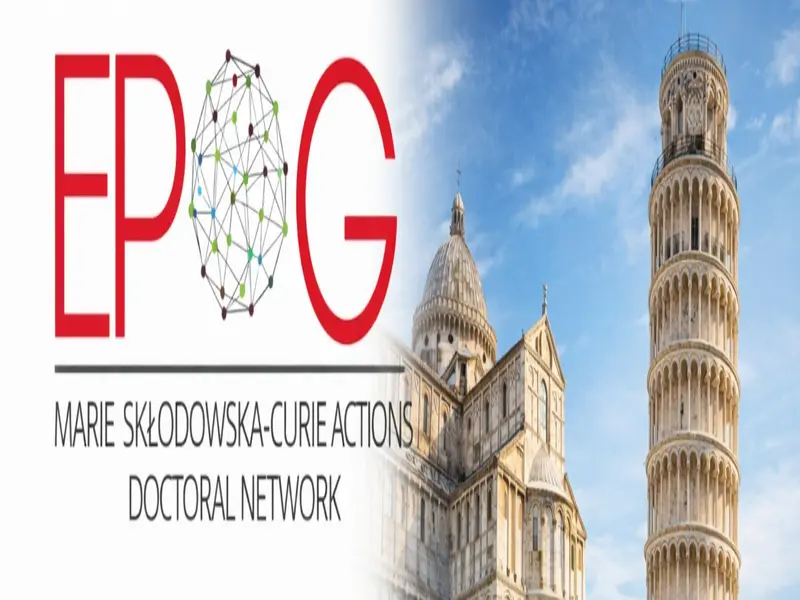
Other News
Academic mission of Professor Guilherme Spinato Morlin in Paraguay within the DESK Project
Professor Guilherme Spinato Morlin, from the Ecohesion Collective Research Center – University of Pisa, was in Paraguay 🇵🇾 for the DESK Project. Lectures, seminars, and workshops on Ecological Macroeconomics, with meetings involving universities, institutions, and civil society, to promote…
Read moreAcademic mission of Professor Guilherme Spinato Morlin in Paraguay within the DESK ProjectWISER Conference 2025: research, sustainability and the future
From the University of Luxembourg, new ideas and perspectives on wellbeing and the ecological transition. Among the highlights, the presentation of the Eurogreen model by Simone D’Alessandro, focused on the relationship between economy and sustainability.
Read moreWISER Conference 2025: research, sustainability and the futureCurious about social and solidarity economy… through play?
On Sunday, July 6, from 5:30 to 8:00 PM, come with us to discover the Ecoesione board game in Marina di Pisa
Read moreCurious about social and solidarity economy… through play?
